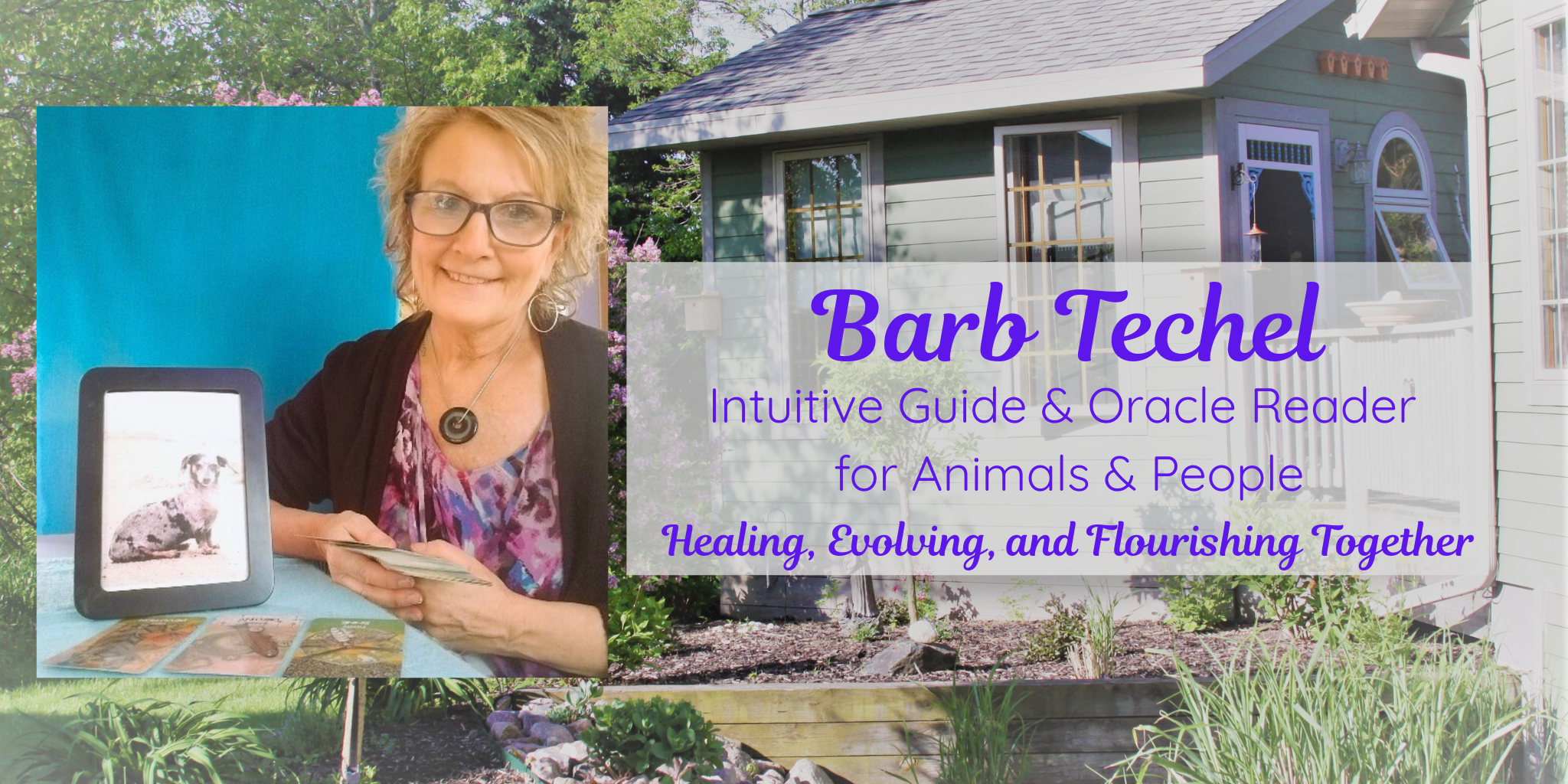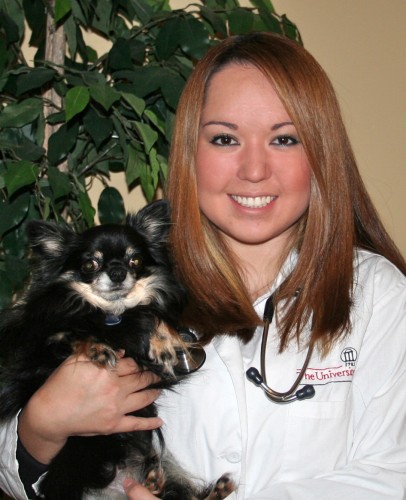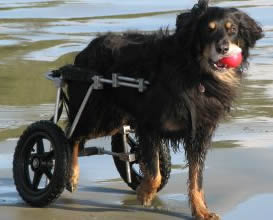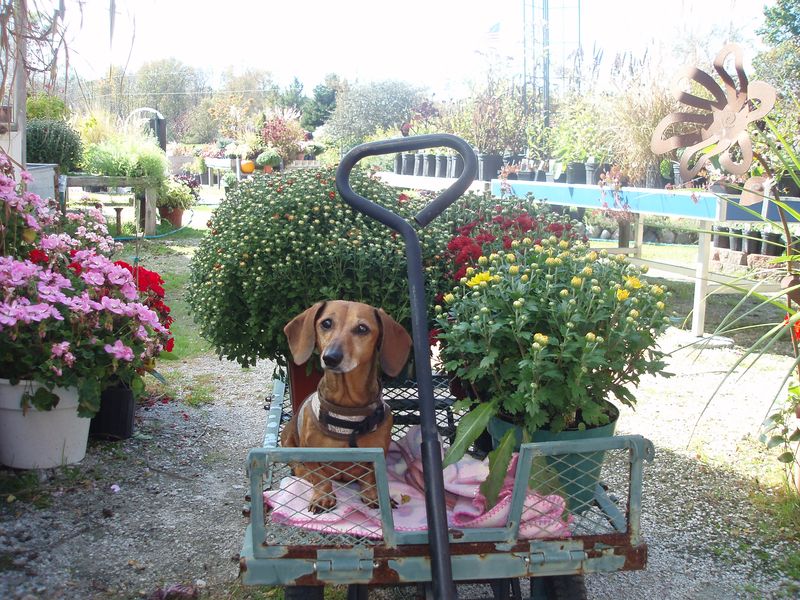I was so delighted to come across this new website, Disabled Animal dedicated to helping special needs animals find a home, as well as a resource page, that is expanding as the website gains more awareness. If you are looking to bring a special needs pet into your life, this page might help you do just that.
When I discovered the website through a post on Facebook from Eddie’s Wheels, I was touched to learn the website is the work of a 3rd year vet student. I just had to interview her and share this with you. Part of the challenge with dogs diagnosed with Intervertebral Disc Disease (IVDD) is the lack of education among vets and society, as to the options. Thanks to the organization, Dodgerslist and others, this is changing, but there is still much work to be done. That is why it is so wonderful to see a young vet so enthusiastic and full of heart who wants to help disabled animals. Thank you, Celine!!
Without further ado- My interview with Celine.
1. Why did you start Disabled Animal website?
I was so frustrated! I chose veterinary medicine as a career and like many others, thought that I would like to share a home and help a disabled animal. I started to do research on my options and decided that I would like a wheelchair dog to adopt. It spoke to me. After deciding I started to look and to my surprise… they weren’t easy to search for! I was astounded at this and got to the point of where I was literally cold calling to California from Georgia looking for one to adopt. I hung up the phone, decided that was enough, and within five minutes was working on the website so that others wouldn’t have to do what I did.
2. What is it about disabled animals that you want people to know?
I want people to know that they really aren’t broken. I go to school every day learning how to treat medical problems and many of them simply take a pill for them to be able to live a normal life. There are so many advances in veterinary medicine that pets are living longer and are able to be helped more than ever. A wheelchair dog can still live a normal life with an aid, too. No legs? No problem! They’re still capable of loving to me!
3. When you are done with college and in practice as a vet how will you bring positive awareness to special needs pets?
I am done with vet school in May of 2012 and I would like to be a personal veterinarian. What I mean by that is that I’d rather not be a drive-thru clinic. I would like to get to know these pet parents and be able to connect with them and be a resource for their special needs pets. Depending on the need, there may need to be modifications to techniques such as training and that information can be hard to find.
4. I see on your website you are looking for a two-legged dog to adopt. Why a two-legged dog?
Actually, I just want a medium to small wheelchair dog. I called a rescue for one without back legs but he was set out to be adopted the next day. They informed me of one that was missing the front two legs and I got attached. Sadly, the foster parents said that I would not be considered for adoption due to the fact that I was going to have children and they thought that he needed someone at home for the majority of the day. That’s really the only reason – I honestly wouldn’t mind one with all four legs attached as long as they are in a wheelchair.
5. What do you think animals with special needs teach us?
To live life! Have you ever seen a special needs pet wallow in their own sorrow? No. I believe that humans tend to think about themselves too much sometimes and feel as though they can’t do much because of a disability. Wrong. These pets are still smiling, still wagging their tails if they can. Carpe diem because life’s too short to be unhappy.
6. What advice can you offer those wanting to adopt a special needs pet?
Do your research. Don’t look at an animal and think, “oh, you’re cute because you have paralysis,” and not know what you are getting into. You don’t need to adopt one just because you feel pity. Animal ownership is a big responsibility and it shouldn’t be taken lightly regardless of whether they are normal or disabled. With that said, adopting a disabled animal can be an incredibly rewarding experience even if you haven’t owned one before.
7. Anything else you’d like to share?
Absolutely. A big thank you to my fiance Chris as he has helped me through my vet school years so far. I am indebted to him for all of the support he has given me. GO DAWGS and UGA VET MED!



